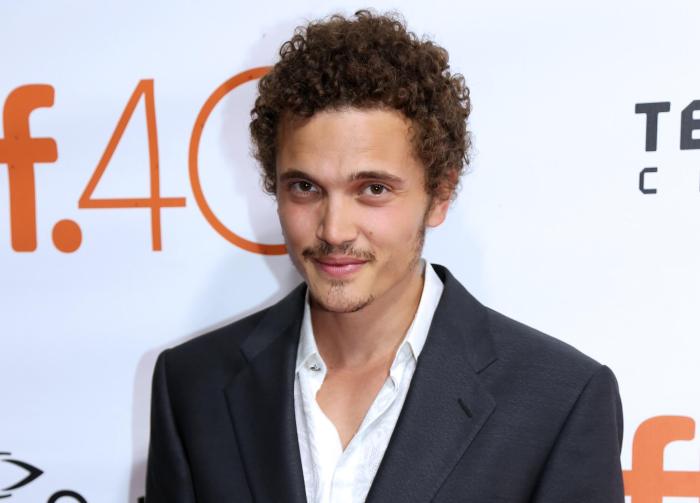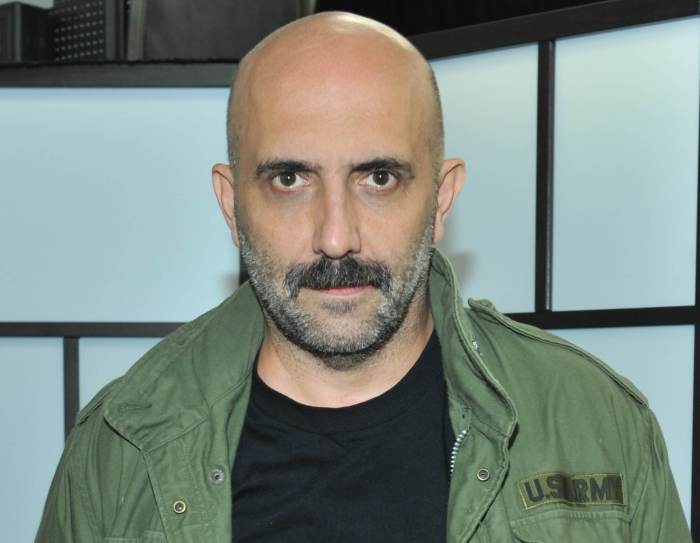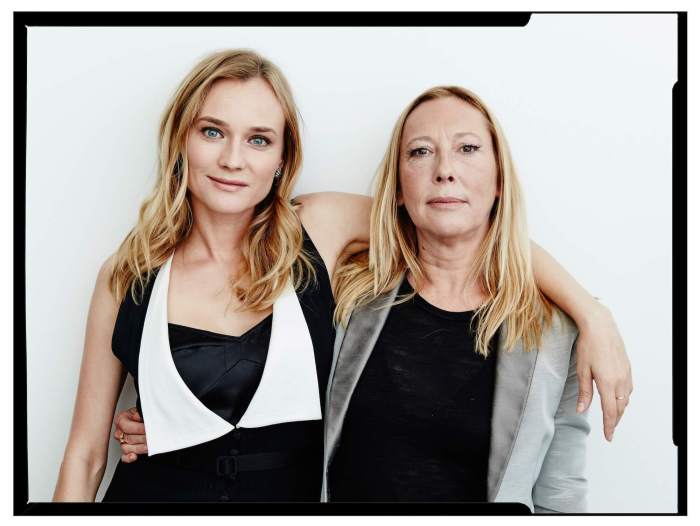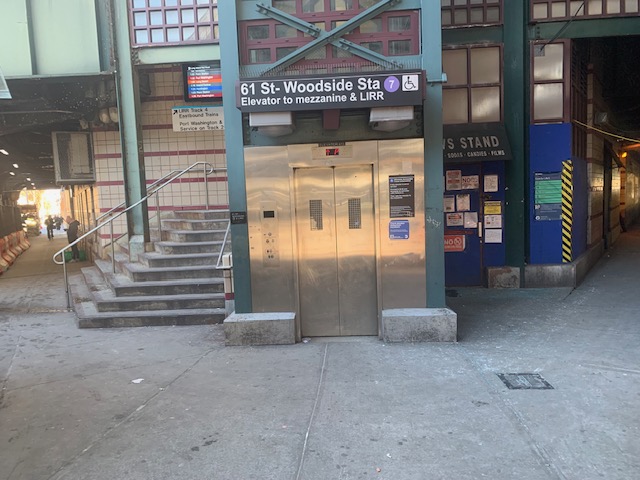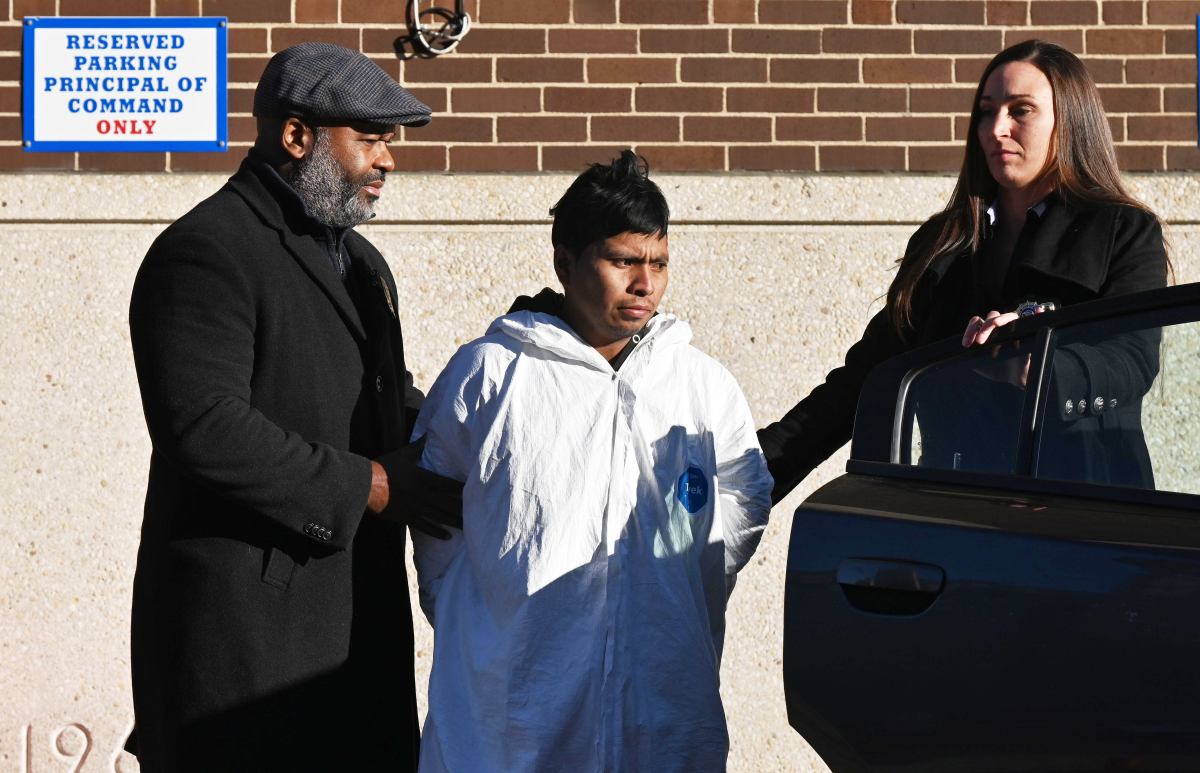Kent Jones’ new documentary “Hitchcock/Truffaut” offers both a look inside the most notable meetings of the minds in filmmaking history — in which Francois Truffaut interviewed Alfred Hitchcock at length about his entire filmography — as well as an examination of how the resulting book, published in 1966, continues to inspire filmmakers today. Why do you think this book struck such a chord with filmmakers and fans in a way few other similar books have? RELATED:‘Hitchcock/Truffaut’ is an atypically insightful movie about movies Whenever Hitchcock stops the recording or goes off the record, what do you imagine they’re saying? Hitchcock was notoriously testy with some actors. Do you have sense of what is the right way for a director to work with actor? RELATED:Todd Haynes heads back to the 20th century with ‘Carol’ It’s also to think of this documentary in light of the changing face of film criticism. Follow Ned Ehrbar on Twitter: @nedrick
It reflects the moment that it comes out of. Truffaut was in New York doing interviews for “Jules and Jim” and was asked, “Who are your favorite filmmakers.” “Well, Alfred Hitchcock.” “You must be joking.” And then Truffaut just lectured the guy for an hour, then realized he needed to correct this assumption. And he put the equivalent of the effort you’d put into making two films into making that book. That’s unheard of. That’s not true of other film books.
When he’s telling the story about the erection and Jimmy Stewart in “Vertigo,” obviously something happened on the set or something. I don’t know. Maybe he knew a movie star who remade a woman and then got a hard-on while he was waiting for her to come out of the bathroom, I have no idea. And then there’s the “Do you consider yourself a Catholic filmmaker” question. In both cases, I really like ellipsis. I just think it’s a very powerful thing. I like ellipsis and I like concision. I’ve never made a movie that’s over 80 minutes. I spend a lot of time in the cutting room making things function. You want to build an ecology where everything is held. I think that ellipsis creates a space in the mind of the viewer.
First of all, I think a lot of what Hitchcock says about working with actors is bulls—. “Actors are cattle” is just a good line. But I don’t think that there’s a right way or a wrong way. I do think, as Scorsese says in the documentary, the valance shifted after the war. And I think that there are these kinds of peaks that have occurred with Marty in “Raging Bull” and “Goodfellas” and with Paul Thomas Anderson in his last three films where the way that they work with actors is so much of a give and take that they wind up opening the door to something astonishing. Not everybody can avail themselves of that.
Criticism is writing. Criticism is not passionately expressing your opinion in 160 characters. It’s writing, and writing is rewriting. And it’s also thinking through with the writing. It’s not being in junior high school and coming up with your thesis and how you’re going to elaborate your points. There’s a lot of that nowadays. What was once known as the critical establishment just doesn’t exist anymore. Its been decimated.
Kent Jones takes us all to film school with ‘Hitchcock/Truffaut’

Cohen Media Group

